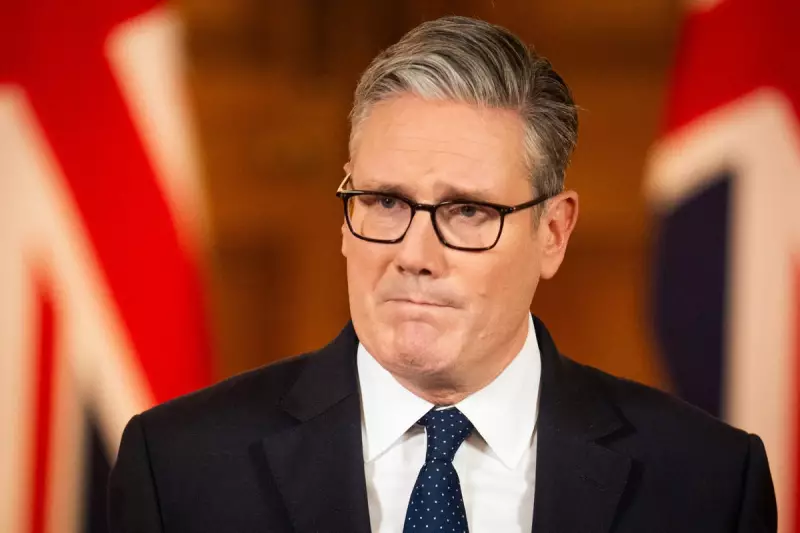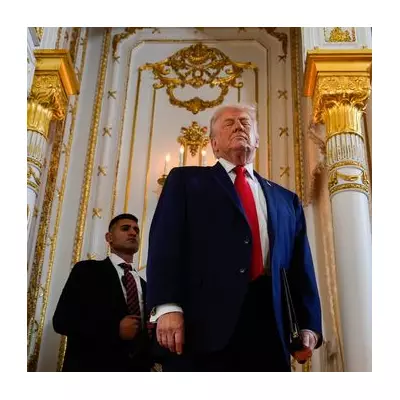
In a stunning revelation that has sent shockwaves through Westminster, former US President Donald Trump reportedly made an extraordinary intervention in UK foreign policy, directly pressuring Prime Minister Keir Starmer over Britain's stance on Gaza.
The Controversial Phone Call
According to sources familiar with the matter, Trump initiated a phone conversation with Starmer shortly after the Labour leader's election victory. During this discussion, the former president allegedly urged Britain to cease its support for the International Criminal Court's investigations into alleged war crimes in Gaza.
The timing of this intervention is particularly significant, coming at a moment when the new Prime Minister was establishing his government's foreign policy direction. Political analysts suggest this represents an unprecedented attempt by a foreign political figure to influence UK policy-making before even returning to office.
Wider Diplomatic Pressure Campaign
This incident appears to be part of a broader pattern of lobbying against the ICC's activities. Egyptian President Abdel Fattah el-Sisi has confirmed similar pressure from Trump regarding the court's arrest warrant applications against Israeli leaders.
The coordinated nature of these efforts raises serious questions about the boundaries of diplomatic influence and the preservation of Britain's independent foreign policy stance.
Political Fallout and Reactions
Westminster insiders have expressed deep concern about the implications of such direct foreign intervention. The revelation comes at a sensitive time for UK-US relations, with the Biden administration pursuing a notably different approach to the Middle East conflict.
Opposition figures and foreign policy experts have called for transparency regarding the content and nature of communications between UK leaders and foreign political figures, particularly those not currently holding official government positions.
Broader Implications for UK Sovereignty
This development highlights the complex challenges facing Britain's diplomatic relationships in an increasingly polarized global landscape. The incident underscores the delicate balance the Starmer government must strike between maintaining traditional alliances and preserving the UK's independent foreign policy decision-making.
As the political fallout continues to unfold, questions remain about how the new government will navigate these diplomatic pressures while maintaining its commitment to international law and human rights principles.





